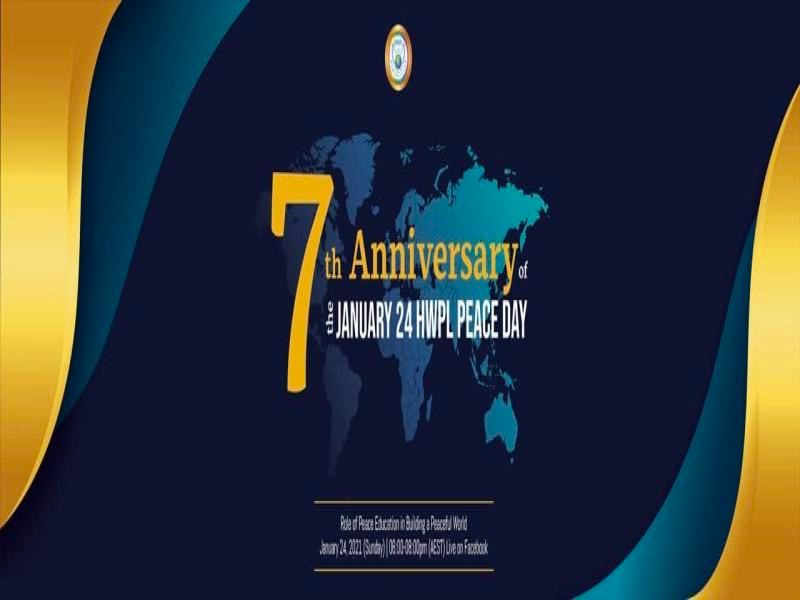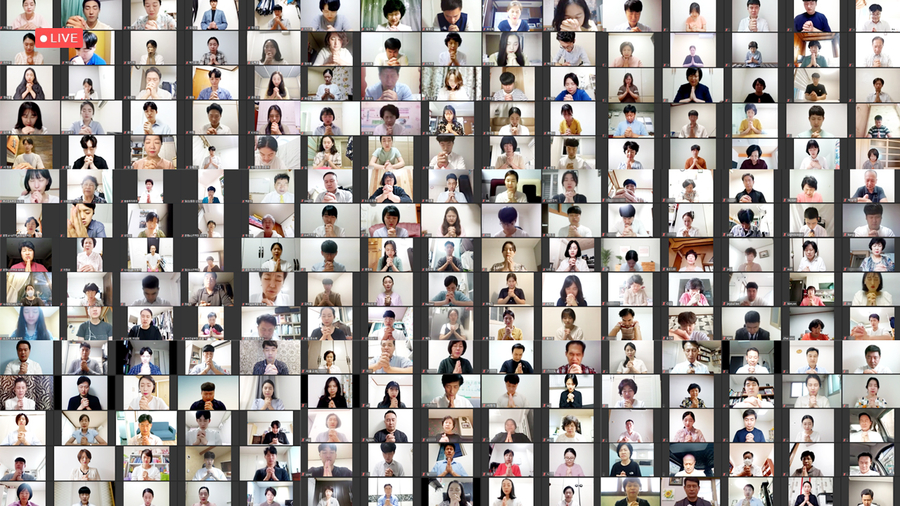Pangyo Techno Valley, the place where innovative companies in the IT, BT, and NT fields create synergies with each other and a foothold to grow into a global company is made, has recently strengthened its reputation as the Silicon Valley in Asia.
LOS ANGELES, CA, September 23, 2020 /Neptune100/ — Pangyo Techno Valley, the place where innovative companies in the IT, BT, and NT fields create synergies with each other and a foothold to grow into a global company is made, has recently strengthened its reputation as the Silicon Valley in Asia. While the manufacturing industry is getting worse than ever due to the prolonged COVID-19 outbreak, companies like Naver, NCSOFT, and SK Biopharmaceuticals in Pangyo Techno Valley are having second golden era as they are combining AI, big data, and IoT technologies with products or services to make them non-face-to-face (untact), fit for the current situation. The global market is showing a particularly high interest in the bio-health industry of Korea and Pangyo.
– Untact era and bio-health
The bio-health industry is an industry that produces products or provides services for the human body based on biotechnology and medicine/pharmaceuticals. It includes the manufacturing industry such as pharmaceuticals and medical devices and the medical and health care service industry such as digital healthcare service. Unlike other manufacturing and service industries, the bio-health industry is an industry where technology and capital are intensive, and the duration and cost of R&D determine the success or failure.
The global bio-health market is expanding rapidly due to the aging population and increasing health demand. Major developed countries are expanding investment and improving related systems to take over the global bio-health market first. With policy innovation and preemptive investment, even late-starters like Korea can seize the opportunity to emerge as a leader. Korea is strong enough to become a leader in the bio-health field. As of 2018, according to the data from the Ministry of Health and Welfare, the production capacity of biopharmaceuticals was the second largest in the world, and the export of new drug technologies was 5.3 trillion won, an increase by four times from the previous year. The exports of medicines and medical devices were also 14.4 billion dollars, up 19% from the previous year. The technology level of all industries is 78% of the US, the country with the highest technology, and as for world export, ultrasound imaging equipment is ranked number one and dental implants are ranked number five.
Based on BT, Korea has made industrial development in various biotechnology and bio-industry fields such as chemistry, energy, food, and the environment in addition to medicine and medical devices. According to the statistics of the domestic bio-industry released by the Ministry of Trade, Industry and Energy and the Korea Bio, the supply and demand for the bio-industry as of 2018 totaled about 12 trillion won, an annual average increase of 6.6% over the past three years. The growth rate of the bio-industry over the past three years from 2016 to 2018 is showing twice as high as the average growth rate of domestic real GDP of 2.9% over the same period.
– Pangyo, the place that increases the global growth potential of the bio-health industry
The bio-health industry is one of the promising industries with great future growth potential and employment effects. Economic research institutes like Korea Development Bank predicted that the growth rate of the bio-health industry by 2030 will record 4.0%, which is higher than that of shipbuilding (2.9%) and automobiles (1.5%). In addition, when production increased by one billion won, the employment effect of bio-health was 16.7 persons, which was more than twice as high as all industry average (8.0 persons). In recent years, as Industry 4.0 came, the bio-health industry is emerging as core competitiveness in providing ICT-based products and services such as big data, AI, and IoT. In this respect, in Pangyo, a strategic base of the domestic bio-health industry, many companies are already securing innovative BT competitiveness and realizing a sustainable industrial ecosystem.
According to the 2019 Pangyo Techno Valley Survey conducted by GBSA (Gyeonggido Business & Science Accelerator) to survey the status of Pangyo Techno Valley resident companies, 65.9% of the 1,300 resident companies were in the IT field. This was followed by culture and arts (13,4%) and biotechnology (12.6%). Bio-health-related companies in Pangyo are diverse, ranging from large companies to mid-sized and SMEs, and start-up companies, and they have built close networks and innovative ecosystems for smooth cooperation.
The domestic bio-industry survey shows that the bio-industry, both the head office and the bio plants are mostly located in Seoul and Gyeonggi-do. As of 2017, there were 312 headquarters in Seoul and 320 bio plants and research institutes in the Gyeonggi area. In Pangyo Techno Valley, there are many corporate research centers and headquarters in pharmaceuticals and bio-health fields, including the Institut Pasteur Korea, which is carrying out a major role in drug re-creation and intermediary research for the development of COVID-19 treatment, Samjin Pharm Central Research Center, and Huons.
Recently, Huons concluded the contract for “Technology Transfer and Joint R&D for raloxifene and 10 New Substances with Proven COVID-19 and Virus Inhibitory Effect” with GBSA at its headquarters in Pangyo. It is also planning to start researching the customized formulation that is most effective for treatment. In the clinical council, Ajou University Medical Center, Korea University Ansan Hospital, Gyeonggi Medical Center, and GBSA will be participating.
It is also building an ecosystem for win-win cooperation with innovative SMEs and startups, as well as large and medium-sized companies such as SK Biopharmaceuticals, SK Chemicals, and Handok. Among them, SK Biosciences received global attention by signing a three-party letter of intent (LOI) to cooperate with global pharmaceutical companies AstraZeneca and The Jenner Institute (Oxford University) to secure global supply and cooperate for the domestic supply of COVID-19 vaccine candidate.
he bio-health industry is an industry that produces products or provides services for the human body based on biotechnology and medicine/pharmaceuticals. It includes the manufacturing industry such as pharmaceuticals and medical devices and the medical and health care service industry such as digital healthcare service. Unlike other manufacturing and service industries, the bio-health industry is an industry where technology and capital are intensive, and the duration and cost of R&D determine the success or failure.





